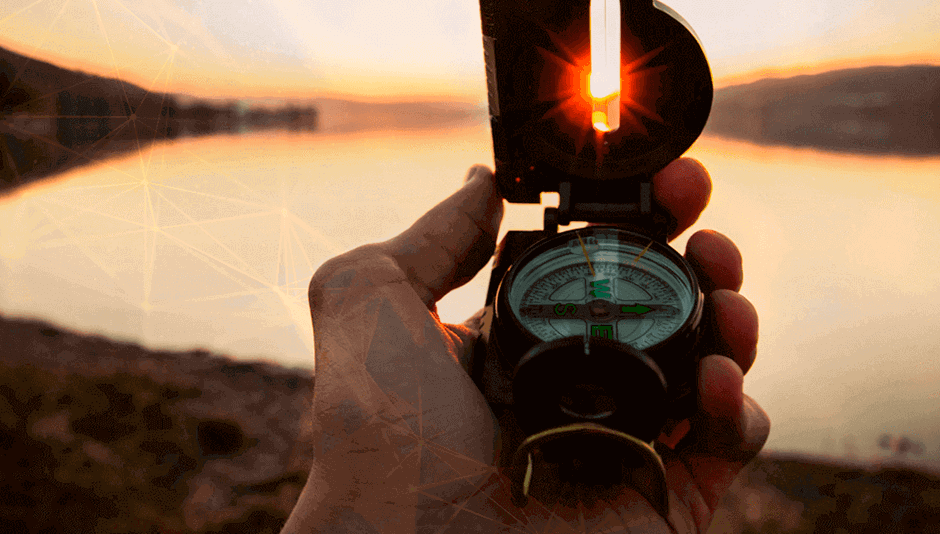The way of life on which we depended a few months ago is gradually fading away due to unexpected changes in the environment in which we live. The modification of the rules of coexistence and therefore the behavior of people, brings with it the emergence of new research needs that give room for the reinvention of products and services with which we usually have contact, that is, the clear presence of innovation.
Under this opportunity to create products that meet new demands, we must know the role of research as an element that can guide us throughout the process, from the emergence of an idea to its positioning. Let’s see…
1. Finding out where to start
When conceiving an idea we face a decisive moment; finding the ideal way to start. It would be difficult to find out if we do not know who are those we want to benefit with our idea, where they are, what is happening around them, how is their daily life and what exactly they need.
If we focus on investigating and solving these questions, we will have the necessary knowledge to know how to initially capture their attention and find out if our product can benefit them or on the contrary find out that they would have no reason to use it.

Research can be a very productive process as long as we use the right tools, each process can be unique depending on the nature of the product under management, we can start by simply choosing a nice place and sit down to observe the environment in which we want to position ourselves, think about what our idea wants to facilitate and then engage in purposeful conversations with people who fit our target profile to substantiate the needs that we believe we have previously found and understand their objectives, goals, priorities and habits, this will be our starting point to refine our idea according to what people really need.
2. Defining the problem and scope
Having known the context in which we are going to position ourselves, we can finish defining the problem we want to solve with our product, let’s also try to define a realistic initial scope, these two elements will be the focus that will keep us oriented during the research and development of the product as such, we can complement the scope with the definition of the success indicators that will show us later if the result is adequate.

We must not ignore the fact that the research may cause the initial idea and the proposed scope to be transformed during the process, let us not see this transformation as a stumbling block, or the cause to discard the idea from the beginning, on the contrary, let us see it as a necessary evolution that will guarantee a satisfactory adoption of the product in the future.
An idea cannot be completely correct from its origin, as we perfect it, it will become better suited to its purpose.
3. Looking for added value
To achieve one of our clear purposes: a product with outstanding impact and value, we must be aware that there will usually be some kind of direct or indirect competition, this will be variable and will depend on the product we have in mind.
Let’s learn to perceive our competitors as a fundamental piece for our projects, they represent the reference we need to define specifically what it is that we are going to offer and that we intend to be unique to achieve a product desired by our users.

By researching our competitors, we can look for answers to why people use their products, what they offer and what they solve for them. In this way it will be possible to make a comparison of the needs we have found versus what these competitors offer and thus discover, of course, how our product could significantly improve the current experience that users are having.
4. Promoting positioning
While research initially allows us to reduce the risk of creating a product under the bias of our own ideas and focus on those who will make use of it, the role of research does not end when we “finish our product”, but becomes a little different, it becomes evaluative.
The goal of evaluative research is to be able to answer the question: how does the product work for our users? At an early stage when we don’t have a lot of information to tell us how the product is being used, we can run some usability tests to validate acceptance and receive feedback from the user to further increase the value of what we want to offer.

In more advanced stages, it is possible that we can retake the success indicators and complement the tests with real data that allow us to assess whether the product is really being used as we would like and identify possible improvements that can be implemented.
We could also find hundreds of reasons for executing a project without a research basis, possibly the most common are the lack of time, the fear of finding changes in the initial scope, believing that we already know everything we need or budget constraints … but we could also understand the importance of this whole process simply by thinking that hundreds of people we do not know could make use of our product and these people come from contexts that we simply can not control, however, we can understand them.
Planning, organizing and managing your business is in your hands, transforming your ideas into business opportunities is in ours. Rely on Interfaz.


